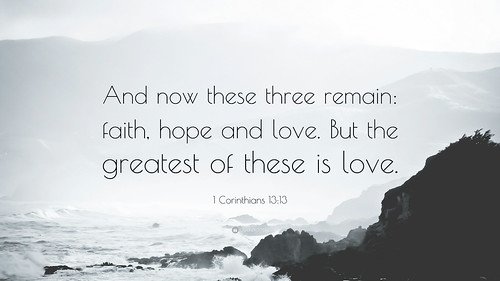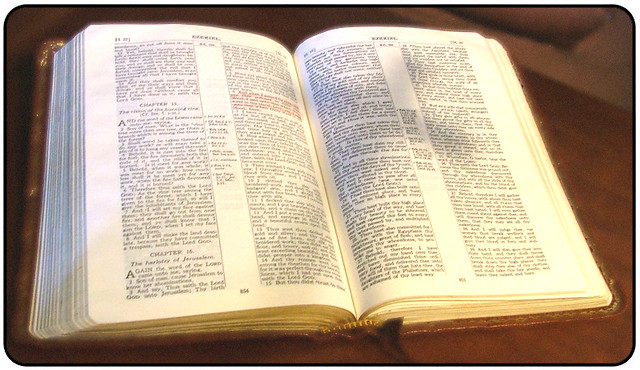29 While still more people gathered in the crowd, he said to them, “This generation is an evil generation; it seeks a sign, but no sign will be given it, except the sign of Jonah.
30 Just as Jonah became a sign to the Ninevites, so will the Son of Man be to this generation.
31 At the judgment the queen of the south will rise with the men of this generation and she will condemn them, because she came from the ends of the earth to hear the wisdom of Solomon, and there is something greater than Solomon here.
32 At the judgment the men of Nineveh will arise with this generation and condemn it, because at the preaching of Jonah they repented, and there is something greater than Jonah here.
Luke 11: 29-32
Footnote: [11:29–32] The “sign of Jonah” in Luke is the preaching of the need for repentance by a prophet who comes from afar. Cf. Mt 12:38–42 (and see notes there) where the “sign of Jonah” is interpreted by Jesus as his death and resurrection.
38 Then some of the scribes and Pharisees said to him, “Teacher, we wish to see a sign from you.”
39 He said to them in reply, “An evil and unfaithful generation seeks a sign, but no sign will be given it except the sign of Jonah the prophet.
40 Just as Jonah was in the belly of the whale three days and three nights, so will the Son of Man be in the heart of the earth three days and three nights.
41 At the judgment, the men of Nineveh will arise with this generation and condemn it, because they repented at the preaching of Jonah; and there is something greater than Jonah here.
42 At the judgment the queen of the south will arise with this generation and condemn it, because she came from the ends of the earth to hear the wisdom of Solomon; and there is something greater than Solomon here.
Matthew 12: 38-42
"Christ promised that there should be one sign more given, even the sign of Jonah the prophet; which in Matthew is explained, as meaning the resurrection of Christ; and he warned them to improve this sign. But though Christ himself were the constant preacher in any congregation, and worked miracles daily among them, yet unless his grace humbled their hearts, they would not profit by his word. Let us not desire more evidence and fuller teaching than the Lord is pleased to afford us. We should pray without ceasing that our hearts and understandings may be opened, that we may profit by the light we enjoy. And especially take heed that the light which is in us be not darkness; for if our leading principles be wrong, our judgment and practice must become more so."
Matthew Henry's concise commentary,










